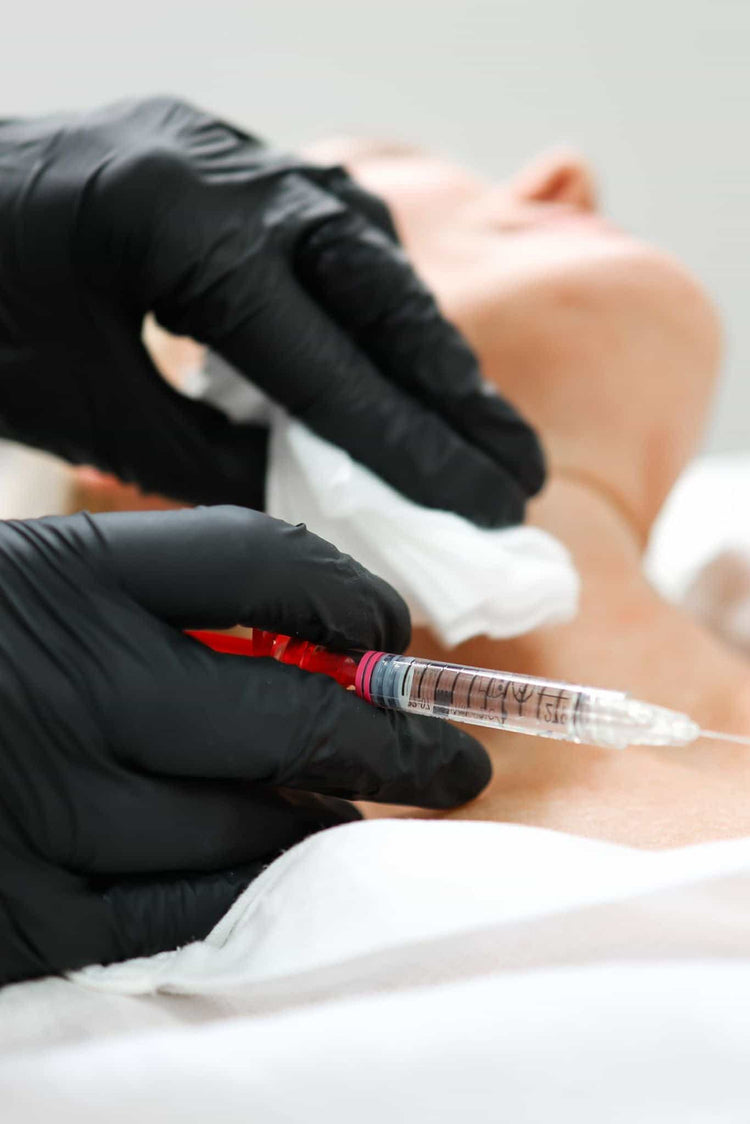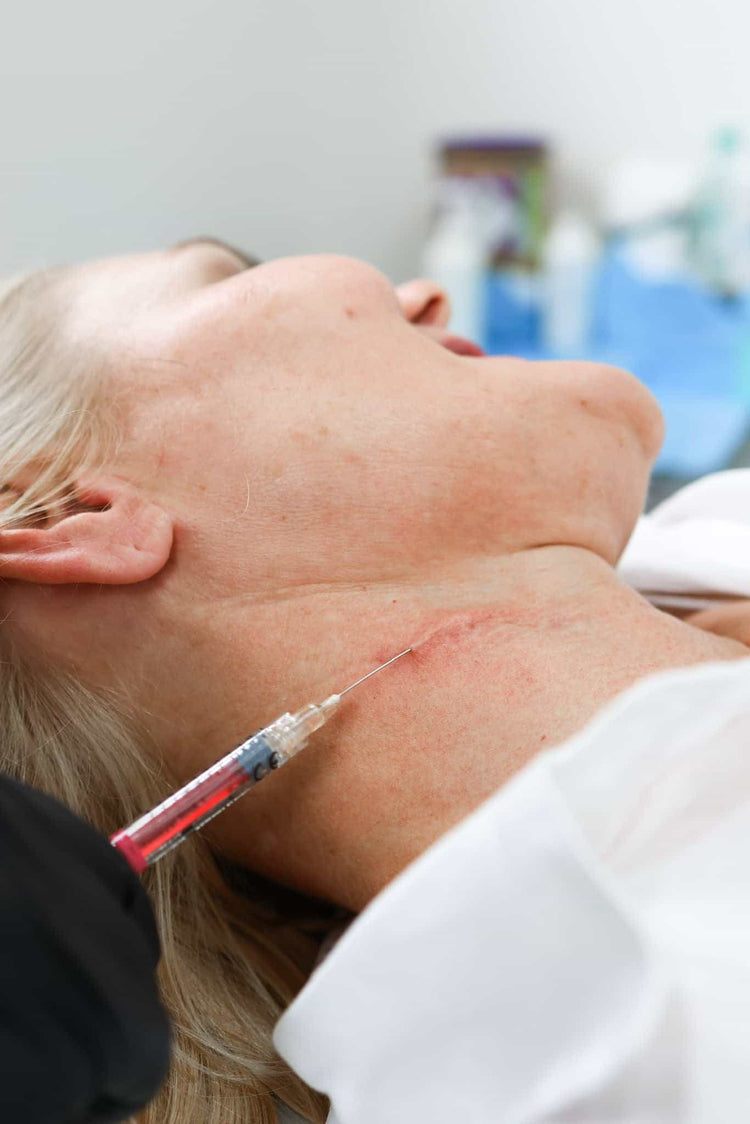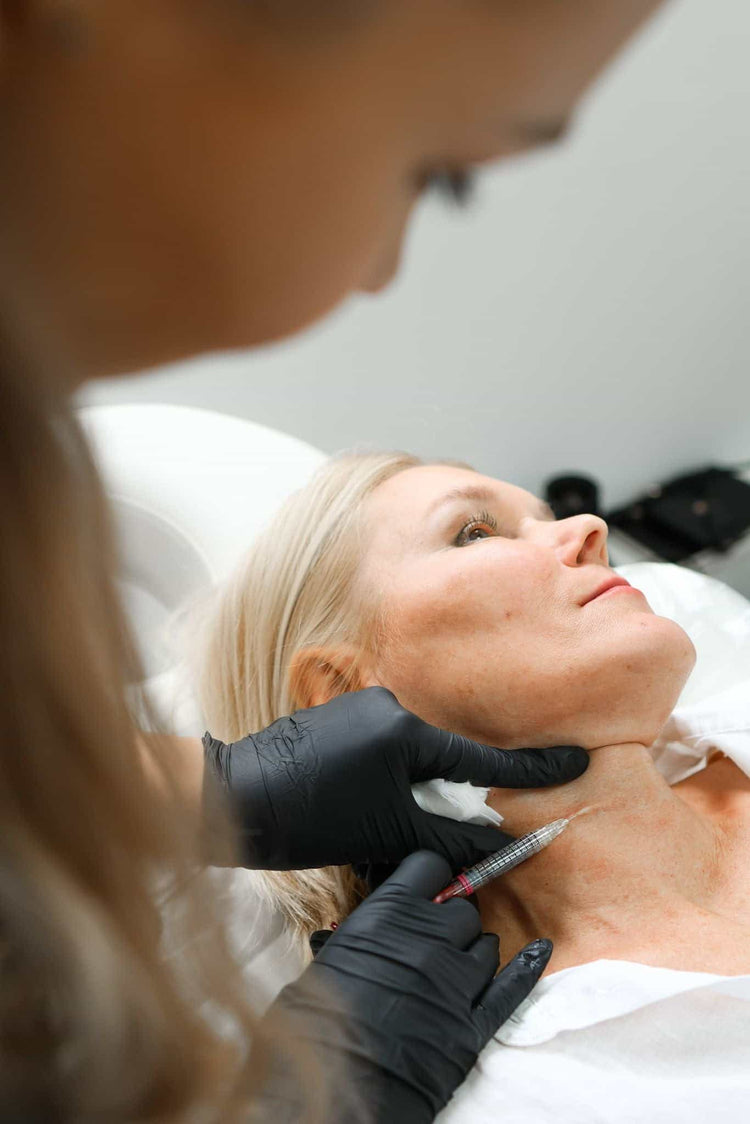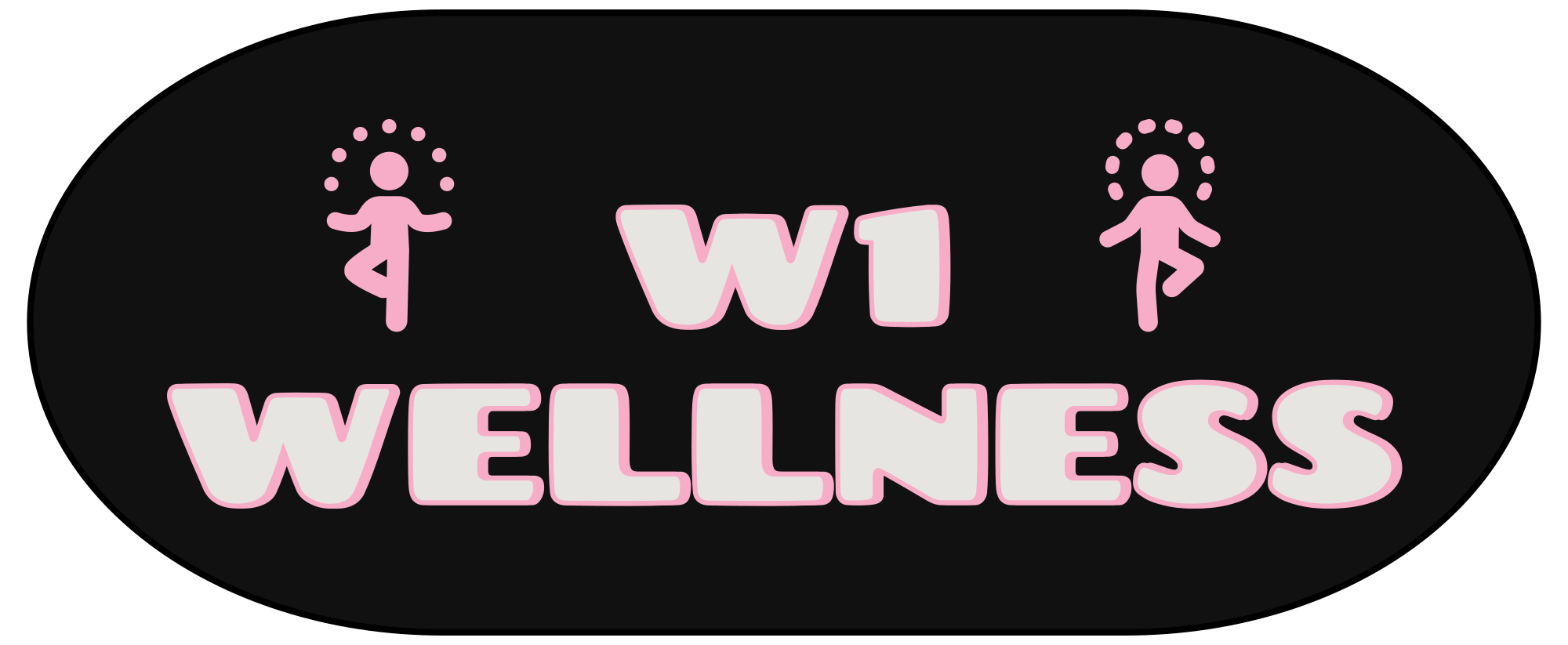Common Side Effects
Neckline fillers have become increasingly popular in London as a non-surgical solution for addressing signs of aging, particularly those around the jawline and neckline. While generally considered safe, it’s essential to understand potential side effects associated with this procedure.

Injection Site Reactions
Like all cosmetic procedures, injecting fillers into the neckline can cause side effects. Most are mild and temporary, resolving within a few days or weeks. Common side effects include redness, swelling, bruising, tenderness, and itching at the injection site. These reactions are usually localized to the area where the filler was injected and are caused by inflammation as the body responds to the foreign substance.
Swelling and Bruising
Swelling and bruising are common side effects of neckline fillers, often appearing immediately after the procedure. This is a natural response to the injection process and usually subsides within a few days to a week.
It’s important to follow your practitioner’s post-treatment instructions carefully to minimize these effects. This may include applying ice packs, avoiding strenuous activity, and limiting sun exposure.

Redness and Tenderness
Most side effects associated with neckline fillers are mild and temporary.
- Redness
- Tenderness
- Swelling
- Bruising
- Itching
These reactions typically occur at the injection site and are caused by inflammation as the body reacts to the filler.
Numbing Sensation
One potential side effect of neckline fillers is a numbing sensation. This is usually due to the local anesthetic used during the procedure and typically subsides within a few hours.

Less Common Side Effects
While most side effects associated with neck line fillers are mild and temporary, there are some less common occurrences that individuals should be aware of. These can range from lumpiness or asymmetry in the treated area to allergic reactions and infection. It is crucial to have a thorough consultation with a qualified practitioner who can assess your individual needs and discuss potential risks before undergoing this procedure.
Asymmetry
Less common side effects, though rarer than the more frequent ones, are still important to be aware of. Lumpiness or asymmetry in the treated area can occur if the filler is not evenly distributed. This may require additional treatments to correct.
Allergic reactions to fillers, although uncommon, can happen. Signs might include redness, itching, swelling, or hives beyond the injection site.
Infection is another potential complication, though rare. Watch for signs like increasing pain, redness, warmth, or pus at the injection site.
Allergic Reactions
Less common side effects, though rarer than the more frequent ones, are still important to be aware of.
Lumpiness or asymmetry in the treated area can occur if the filler is not evenly distributed. This may require additional treatments to correct.
Allergic reactions to fillers, although uncommon, can happen. Signs might include redness, itching, swelling, or hives beyond the injection site.
Infection is another potential complication, though rare. Watch for signs like increasing pain, redness, warmth, or pus at the injection site.
Infection
Less common side effects of neckline fillers include lumpiness or asymmetry in the treated area. This can occur if the filler is not evenly distributed and may require additional treatments to correct.
Allergic reactions are possible, although they are uncommon. Signs might include redness, itching, swelling, or hives extending beyond the injection site.
Infection is another rare but potential complication. Watch for signs like increasing pain, redness, warmth, or pus at the injection site.
Lumps or Nodules
Less common side effects of neckline fillers, though rarer than the more frequent ones, are still important to be aware of.
- Lumpiness or asymmetry in the treated area
- Allergic reactions
- Infection
Lumpiness or asymmetry can occur if the filler is not evenly distributed and may require additional treatments to correct.
Allergic reactions are possible, although they are uncommon. Signs might include redness, itching, swelling, or hives extending beyond the injection site.
Infection is another rare but potential complication. Watch for signs like increasing pain, redness, warmth, or pus at the injection site.
Rare Side Effects
While neckline fillers are generally considered safe, it’s crucial to be aware of potential side effects. Most reactions are mild and temporary, such as redness, swelling, bruising, tenderness, and itching around the injection site.
Vascular Occlusion (Blockage of blood vessels)
Rare vascular occlusion, or blockage of blood vessels, is a serious but uncommon potential side effect of neck line fillers. This occurs when filler particles enter a blood vessel and obstruct blood flow. It can lead to tissue damage and require immediate medical attention.
Tissue Necrosis (Death of tissue)
One rare but potentially serious complication associated with neckline fillers is tissue necrosis (death of tissue). This typically occurs when filler is inadvertently injected into a blood vessel, blocking blood flow to the affected area.
Tissue necrosis can manifest as discoloration, pain, swelling, and numbness in the treated area. It requires prompt medical intervention to minimize tissue damage.
- How Long Do Fillers Last In Smokers Lines? - August 17, 2025
- How Long After Getting Lip Filler Can You Drink Alcohol - August 16, 2025
- How Do Lesbians Have Sex? The Ultimate Guide To Intense Lesbian Sex - August 6, 2025
